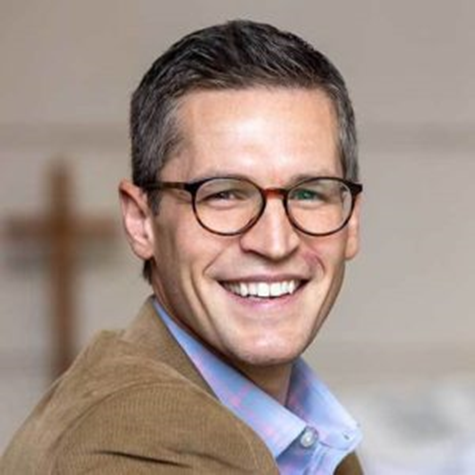Of all the simple questions I love to ask, “Can I buy you a cup of coffee?” is my favorite for two reasons. First, I love a good cup of coffee. I grew up in Seattle, so coffee is in my veins. Second, a cup of coffee is really an invitation to conversation and a relationship. And, I enjoy being asked this question just as much as I enjoy asking it.
Who have you shared a cup of coffee with lately – or any beverage, really? Let me ask the question another way – is someone mentoring you and who are you mentoring?
Mentoring is one of the most effective strategies for developing your own leadership skills, as well as raising up and developing other leaders. In his book, Leadership Jazz, Max De Pree writes, “One of society’s abiding needs is to develop and mature its leaders [and] mentoring has become the best means of achieving these goals.”[1]
Mentoring relationships come in many different forms. Sometimes they are lifelong relationships; other times, they are short term. Mentors include peers, friends and family, business leaders, bosses, teachers, coaches, even historical figures.
Mentoring is not only an effective strategy. It is the biblical model for learning and sharing faith from one generation to the next. Moses led the Israelites out of Egypt and, as they travelled through the wilderness, Moses looked to his father-in-law, Jethro, for advice. When Mary became pregnant with Jesus, she ran to Elizabeth, who was already pregnant with John. As Paul begins to expand the message of Jesus across the Mediterranean, he is mentored by his peer, Barnabas, but also invests in a young pastor named Timothy. Natasha Sistrunk Robinson, in her book Mentoring for Life, says, “Mentoring at its best is a mutual relationship cultivated for a specific mission or purpose. Mentoring relationships are intentional, and they are built on the trust and understanding that exists between those who are mentoring and those who are being mentored.” She continues, “Not only is mentoring a means of intentional discipleship, it is a leadership factory that prepares people of all backgrounds, life stages, and experiences to lead well.”[2]
Mentoring matters. Mentoring relationships make a difference in our home, work, and church lives. At Resurrection, we’ve partnered two classes of young adult emerging leaders with existing leaders. These mentees and mentors come from diverse backgrounds but share a desire to serve the church. So, how do you develop great mentoring relationships?
Three Steps to a Great Mentoring Relationship
Here are three steps for initiating a mentoring relationship.
Say Yes to a Cup of Coffee
Mentoring begins when two people or a group are ready and available. If you’re looking for a mentor at any age, asking someone to mentor you can be an intimidating question. So, instead, invite someone to share a cup of coffee with you. If you’re a mentor, saying yes to coffee can be life changing.
Listen before Speaking
The most important quality in being a good mentee or mentor is a willingness to listen. Even more, creating the environment for conversation is critical. Mentoring relationships grow through investing in each other’s lives and sharing life together. Mentoring relationships aren’t Bible studies (though you can study the Bible), or therapy sessions (and, of course, you can share the hard parts of life). Instead, they are relationships of mutual learning together using experience as your guide.
Equip for Action
Mentoring relationships always consider the next step. They are meant to be a place of reflection and action, learning to take next steps at home, in life, and in leadership. You might ask questions like: Who has God created me to be? What has God called me to do? Where does my passion meet the needs of our community and world? Then, step out with confidence, and take action.
One cup of coffee begins a conversation that might just change the trajectory of your life. Today, people want the church to be a laboratory of leadership, not only a place for faith. Mentoring relationships connect faith to the realities of life and leadership, addressing real issues and making a difference in the local communities where we live. So, invite someone to coffee, listen closely, keep taking the next step and change the world.

Joshua Clough served as Location Pastor for Resurrection Overland Park. He completed his doctorate in Practical Theology and Leadership at Fuller Theological Seminary. He runs marathons, ultra-marathons, and because he grew up in Seattle, drinks a lot of coffee.
[1] Max De Pree, Leadership Jazz: The Essential Elements of a Great Leader, preface.
[2] Natasha Sistrunk Robinson, Mentoring for Life: Finding Purpose Through Intentional Discipleship, 28, 36.
Sign in to continue to your account
Become a ShareChurch member for access to free resources.
You are free to browse the ShareChurch site without an account. However, you must have an account in order to download content from the site.